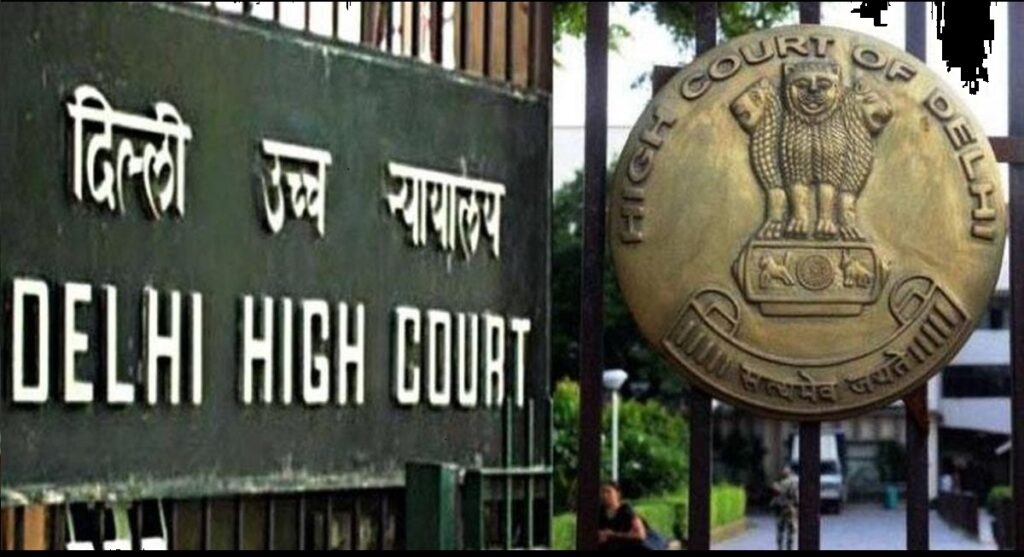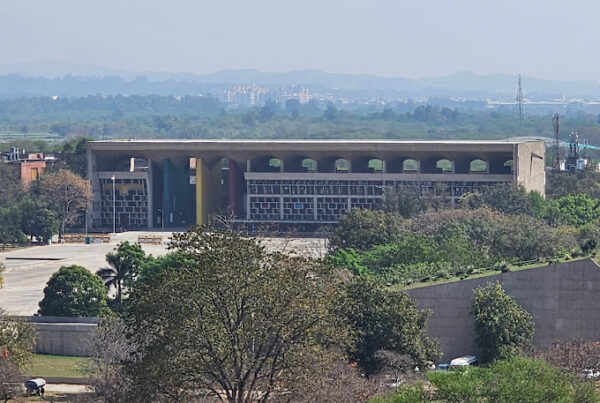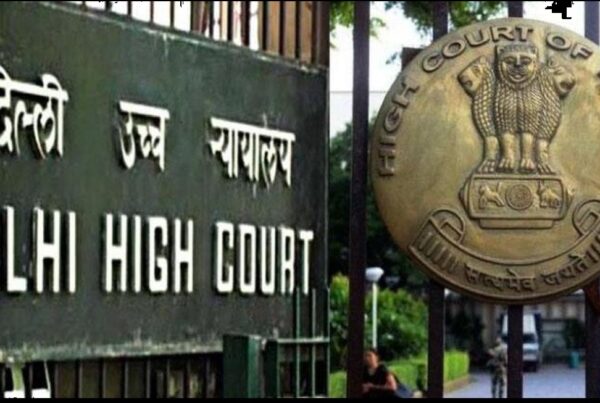This case involves a petition filed under Section 482 of the Criminal Procedure Code (Cr.P.C.) seeking the quashing of FIR, registered at P.S. Mandawali Fazalpur, New Delhi, under Sections 420/34 of the Indian Penal Code (IPC). The dispute arose from a monetary transaction related to a religious ceremony. The parties reached an amicable settlement, documented in a Memorandum of Understanding, and the petitioner paid the agreed-upon amount. Consequently, both parties requested the FIR’s quashing. The Delhi High Court, following established legal principles and precedents, quashed the FIR, emphasizing the importance of promoting amicable settlements in certain cases.

Delhi High Court. (File Photo: IANS)
Facts of the Case:
The FIR in question was filed by Respondent No. 2 (the complainant) based on a monetary dispute between the parties, which arose from an amount advanced by Respondent No. 2 to the petitioners for a religious ceremony (Pooja). The parties resolved their disputes amicably and executed a Memorandum of Understanding on June 24, 2022, detailing the terms of settlement. The Memorandum recorded that the matter had been settled for a n amount.
Contentions of the Parties:
The petitioners contended that they had fulfilled their financial obligations by paying the entire agreed amount to Respondent No. 2, who acknowledged receipt. Thus, they sought the quashing of the FIR.
Decision of the Court:
While the Delhi High Court allowed the petition reiterating the Apex Court’s decision in Gian Singh v. State of Punjab where the exercise of inherent powers under Section 482 of the Criminal Procedure Code was discussed at length, it referred to Narinder Singh v. State of Punjab to address compounding of criminal offences of certain nature such as civil, transactional. The court reiterated the following excerpts from the judgment –
“The Supreme Court observed that the guiding factor in such cases would be to secure: (i) ends of justice or (ii) to prevent abuse of the process of any Court and while exercising the power the High Court is to form an opinion on either of the two objectives. It was further held that those criminal cases which are overwhelmingly of a civil character such as family disputes, matrimonial relationships or arising out of commercial transactions etc. should be quashed if parties resolve their disputes amicably. The Court while exercising the power is to examine as to whether the possibility of conviction is remote and bleak and continuation of the criminal cases would put the accused to great oppression and prejudice and extreme injustice would be caused by not quashing the criminal case. “
In light of the settled legal principles, the court while quashing the FIR, recognized that the matter had been amicably settled between the parties, and all payments had been made as per the settlement terms.
Conclusion:
This judgment highlights the significance of promoting amicable settlements, especially in cases primarily characterized by civil disputes. It underscores the court’s role in preventing the abuse of the legal process and ensuring that proceedings align with the principles of justice. Parties involved in similar disputes can seek resolution through negotiation and settlement, ultimately leading to the quashing of FIRs and related proceedings.
Those facing legal challenges or seeking guidance in such matters can contact contactus@hariharalaw.com.
READ THE JUDGMENT
Akash Bhargav v. State of NCT of Delhi decided on 22 September 2023; CRL.M.C. 4295/2022


